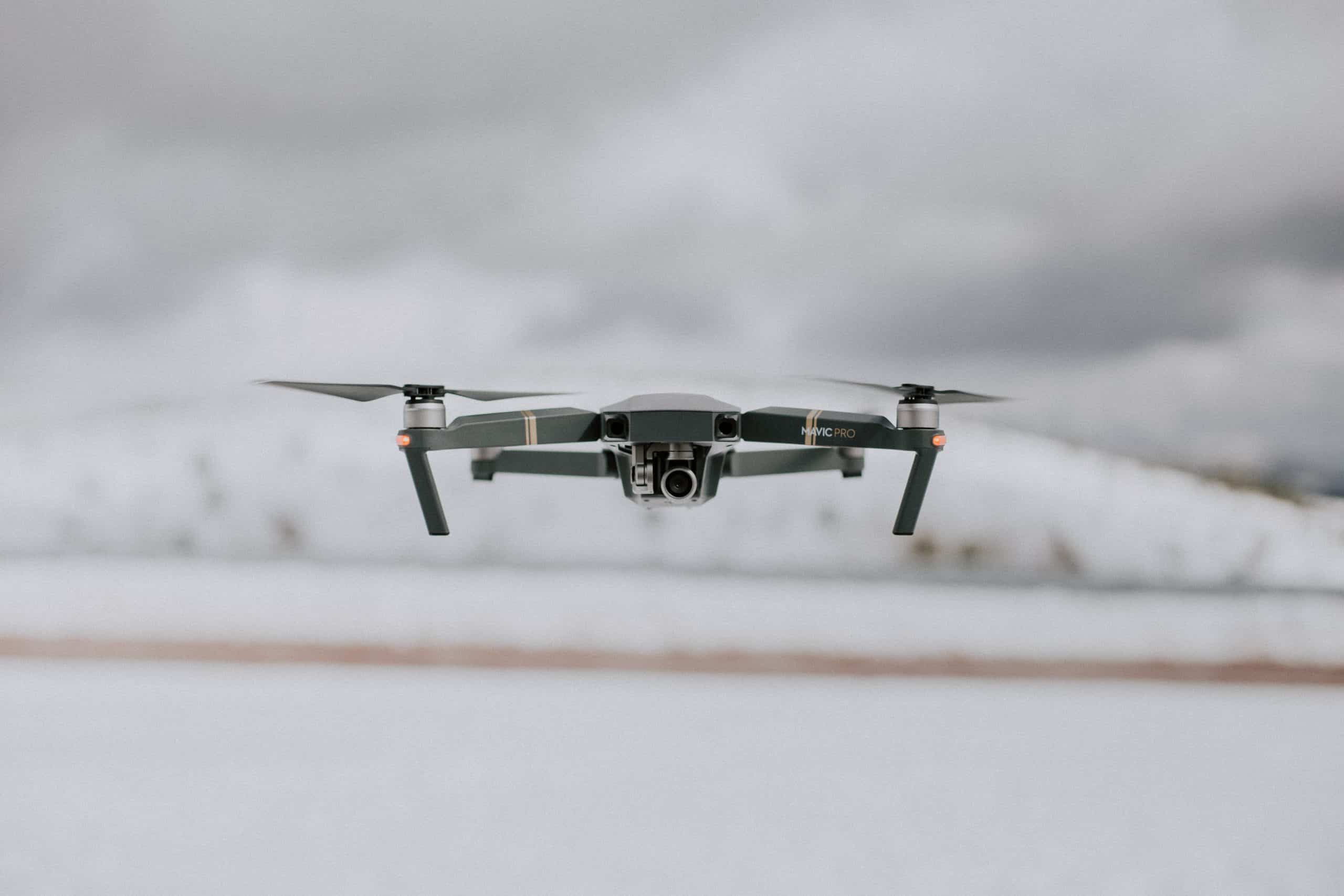
Droning On
Drones are an ever present part of the news today. Recently it has felt like the majority of articles being written have portrayed these airborne robots as negative tools. When they’re not narrowly missing collisions with aeroplanes, drones (so we’re told) are being used to traffic drugs into prisons.
The authorities seem to be fearful of the Wild West element of this fairly new technology. The industry at present is largely unregulated, as legislation slowly plays catch-up with the technology. There are no restrictions on personal use, meaning anyone is able to purchase and fly a drone. Commercially though, drones are more regulated, as any individual operating one must have a license and be over 18.
Privacy is another issue in discussion. Today, people seem to more wary of ‘Big Brother’ than ever before. Last year the FBI Director, James Comey, stated, “I think people ought to take responsibility for their own safety and security,” by covering their own webcams as a way to protect themselves from hackers.
This element of self-responsibility is taken away when other people’s personal drones are equipped with cameras. Drones can allow individuals to have power over other people in a way that is worryingly hard to police. The number of incidents in the UK involving drones reported to police forces has increased more than twelve-fold over the past two years. Amongst the complaints were snooping neighbours and fears around burglary ‘scoping’ exercises.
These negative headlines are in contrast to the huge investments companies such as Amazon are making in the technology. In the near future, drones could change the way we have items delivered to our homes. Looking further ahead, we could reach a stage where we see drones transform the worlds of agriculture, engineering and conservation, to name but three.
Another interesting use case of drones involves bringing wireless internet access to the developing world. This concept was highlighted when Facebook acquired the solar-drone company Titan Aerospace and launched the Aquila. The Aquila has now completed its first test flight which is a significant step in its potentially revolutionary mission. What is the mission? To design, build, and launch a high-altitude solar-powered plane, which one day could be part of an international fleet of aircraft delivering internet access to the world.
On a grand scale, this technology could connect communities and individuals in developing regions, which had previously been unable to access the internet. For one thing, this would change the way children are educated across the globe. Developed nations would also benefit, as there are still many rural communities in regions such as North America which suffer from poor internet provision. The possibilities would be endless.
So what is the verdict on drones? Well for better or worse, they have the potential to change the world. Governments are still trying to work out the regulatory headache of how drone use can be policed, but with the backing of companies such as Amazon and Facebook, it is safe to say that drones are here to stay.





